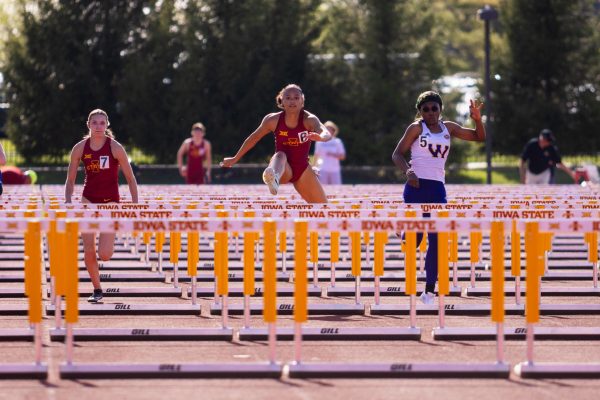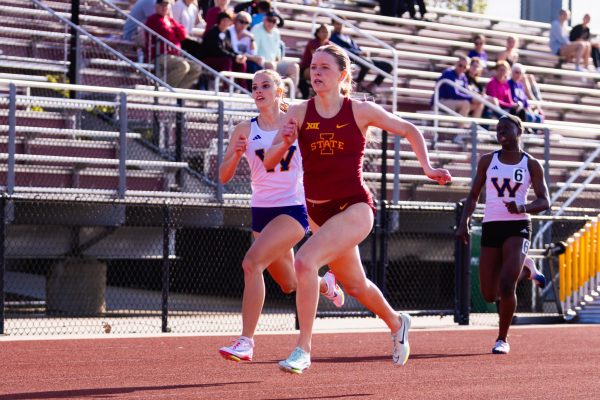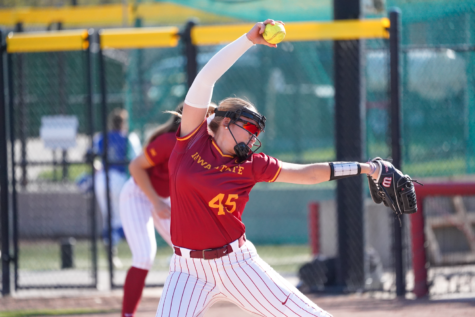NCAA raises athlete eligibility standards
January 21, 2005
Because of new NCAA rules, college athletes not only face increased competition upon entering the world of university sports, but they also face more difficult academic standards.
Athletes will now be forced to carry a higher grade point average to remain eligible, as well as a higher academic progress rate.
The new rules were ratified by the NCAA in 2003, with fall 2005 set as the final implementation date.
“The board of directors decided they wanted to step up academic efforts in order to hopefully increase graduation rates,” said Josh Snyder, ISU director of compliance.
“To this effect, they have increased initial eligibility standards.”
The new program increases the GPA an athlete must carry. Under the old system, a 1.60 GPA was needed after one season of competition, a 1.80 after two seasons and a 2.00 after three.
Now, an athlete must have a 1.80 after one season, and a 1.90 after two. The 2.00 GPA standard remains the same for the third season of competition.
Athletes’ GPAs will also be checked more often.
“Under the old standards, you certified grade point average at the beginning of the fall semester, and if they had met the grade point average at that point in time, they were cleared for the entire year,” Snyder said.
“Under the new standards, once you have completed your first year, you must certify GPA each semester.”
Athletes also must have 14 core classes — math, science, social studies, English, and in some cases computer classes and foreign language — completed before entering college. That number will increase to a core of 16 by the fall of 2008.
In an effort to help guide athletes toward graduation, there is a stricter academic progress standard.
Athletes will be expected to advance 25 percent a year toward their degree, up from the 20 percent they were held to under the old standards.
“The academic progress rate was established to track retention of eligibility of student-athletes by sport and by institution in order to keep them on track toward maintaining graduation rates,” Snyder said.
The NCAA is also increasing penalties for schools that do not meet academic requirements, including bans from postseason bowls and championship tournaments.
Bans won’t be handed down until 2008-09 and programs that are continually perform poorly could have its NCAA membership status affected.
According to the most recent figures released by the NCAA, the national graduation rate is 58 percent, and the national average for athletes is 60 percent.
The same study shows that Iowa State graduates 64 percent of its students and 59 percent of its athletes.
The University of Iowa also graduates 64 percent of its students, but 69 percent of its student-athletes receive diplomas.
Bill Smith, associate athletics director for sports administration, said that the NCAA is compiling its 2004 academic figures and will have those available for both universities, as well as the public, within the next several weeks.
















